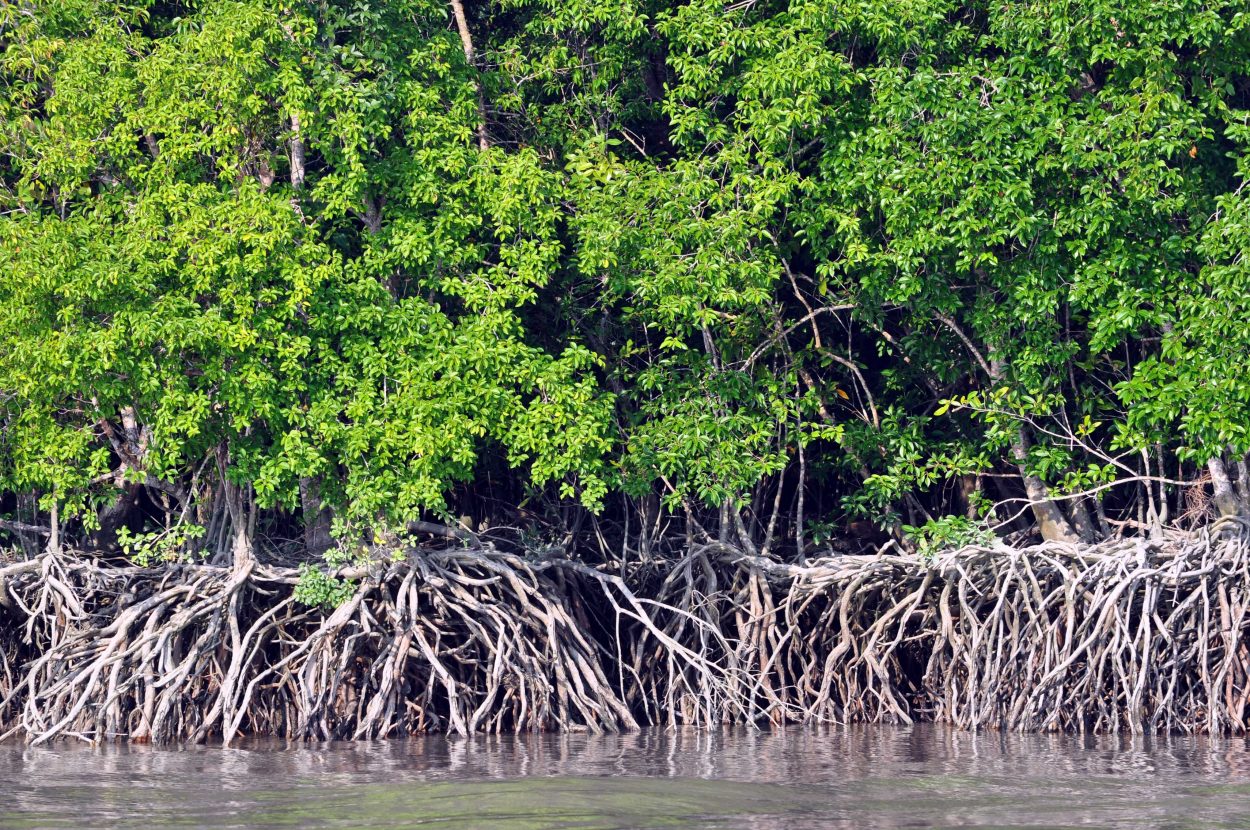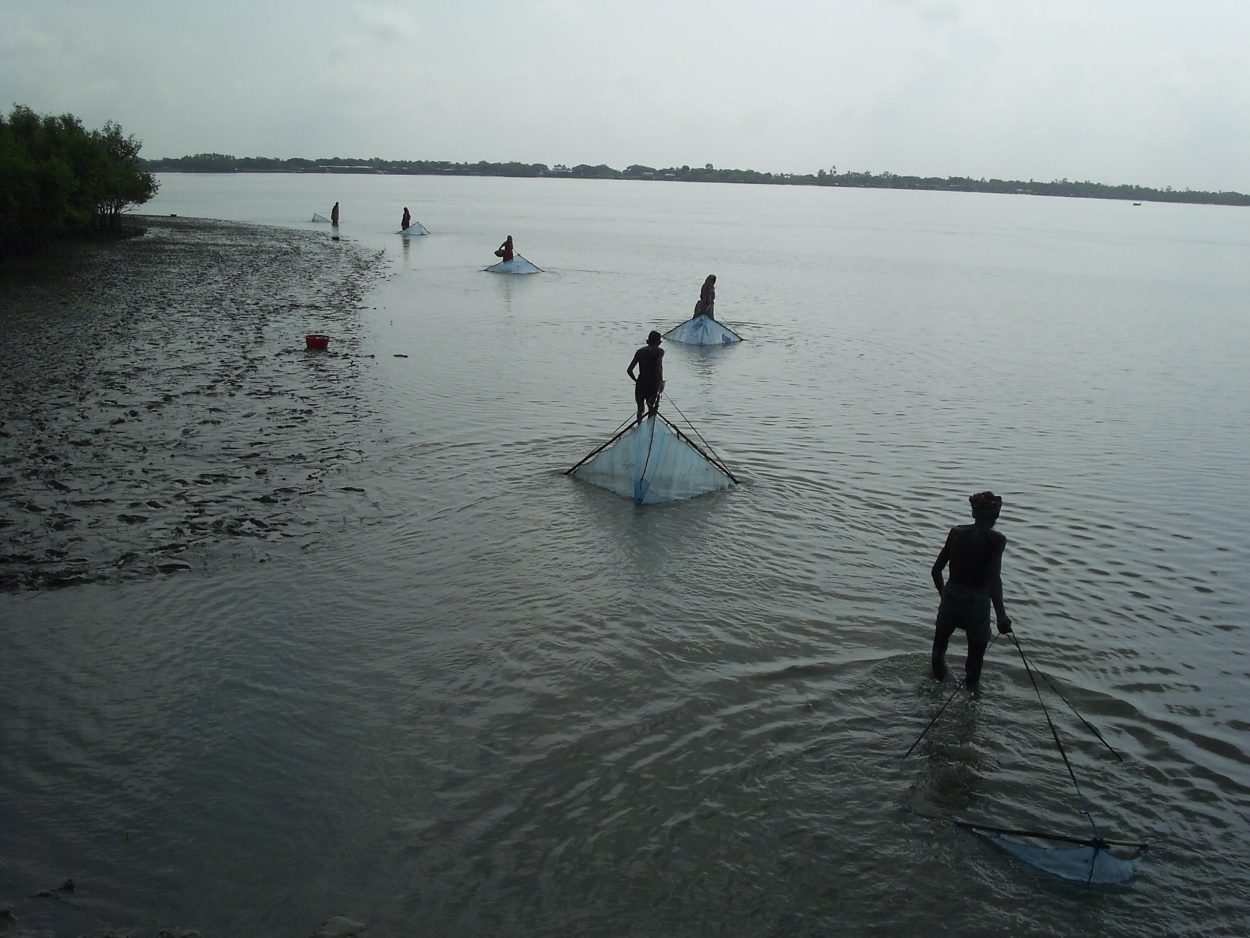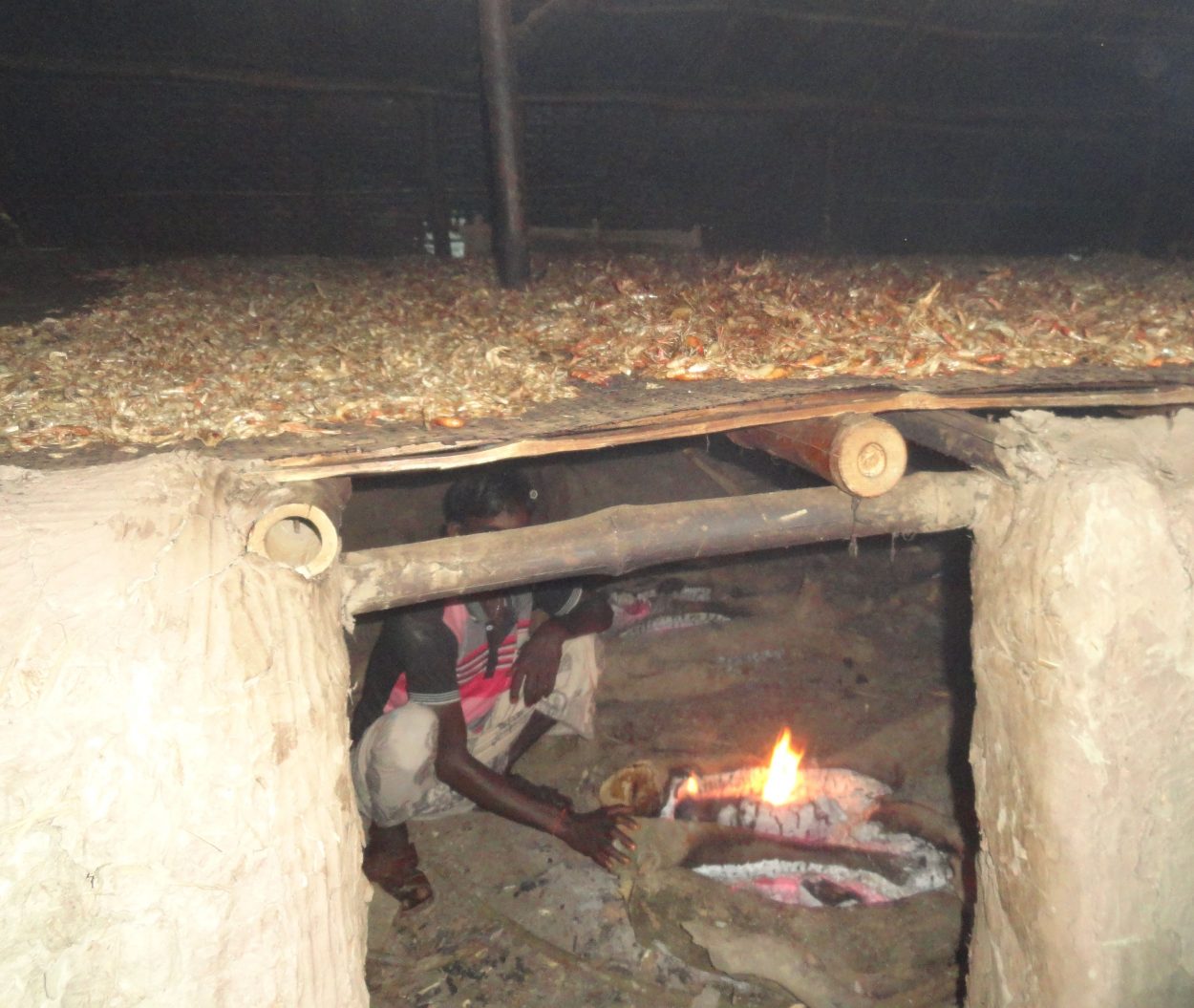Japan Environmental Education Forum (JEEF) and Bangladesh Environment and Development Society (BEDS) are two reputed environmental organization s of Japan and Bangladesh . JEEF and BEDS together took the initiative to conserve the Sundarbans ecosystem by promoting natural blessing (shrimp) and by reducing the gap of coordination between the organizations working for conserving the Sundarbans.
We have already implemented all the project tasks successfully. Throughout this project the following output have been achieved: a Guideline was developed on Sundarbans Mangrove SATOYAMA Conservation Action Plan a forum is established with a promise to have yearly meeting with GOs, NGOs, Universities e tc to reduce the gap of coordination Target 100 fishermen got Sundarbans biodiversity conservation education to understand the value of it and why should they conserve it. 5,000 mangroves have been planted for strengthening the capacity of the coastal embankment. 100 fishermen families received training on the processing and packaging of traditionally dried shrimp and its marketing and thus their income is increased. The target community is practicing sustainable natural resource harvesting and packaged shrimp promoting. Their livelihood is being improved. To complete the activities properly, we made good relationship Department of Forest, Khulna Universities and local and international NGOs.
Through our activities 100 fishermen families are getting direct benefit from the project. Their income is increased; their biodiversity conservation knowledge is increased. Through the developed guideline, nearly 3.2 millions of coastal people will be able to learn the way about how the Sundarbans should be conserved. The established forum will continue its activities and assist to reduce the gap of cooperation among the organizations working for Sundarbans ecosystem conservation.




